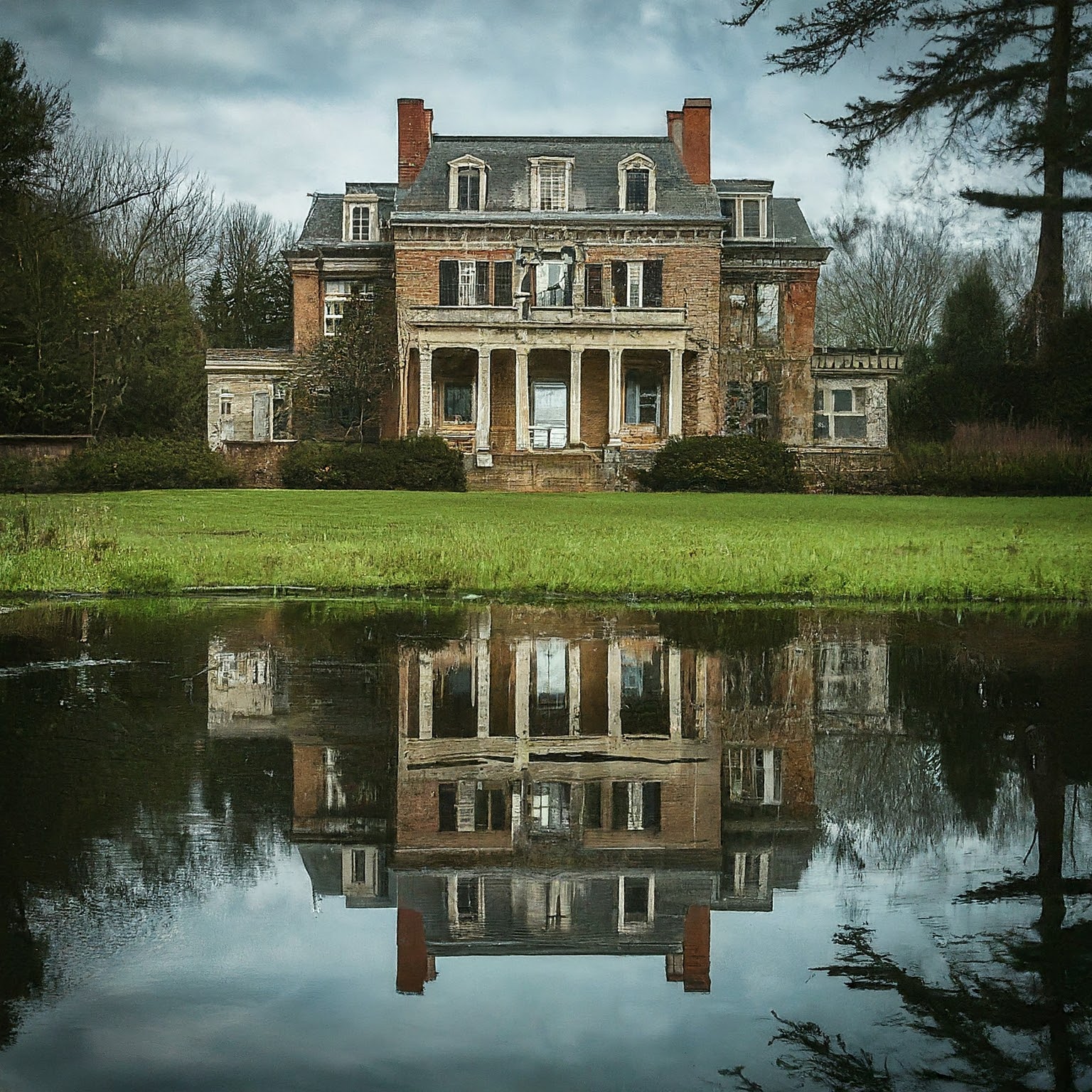The Situation
Glen Harold Radelet dies intestate, leaving behind property and potential legal complications.
The Players
- Glen Harold Radelet: The deceased, who died without a will.
- Ryan Venn: The individual seeking to become estate trustee.
- Alan Raymond Radelet: Glen’s brother and sole heir, residing in British Columbia.
The Twist
Ryan Venn seeks urgent appointment as estate trustee, citing immediate property issues and potential illegal activities by occupants.
The Court's Response
The judge insisted on adhering to standard procedures despite the claimed urgency.
Why It Matters
- Dying intestate complicates the estate administration process.
- Courts will not expedite procedures based solely on perceived urgency.
- Hearsay and speculation are insufficient in legal proceedings.
The Takeaway
To avoid posthumous complications, ensure you have a will and keep it updated.
Legal Nitty-Gritty
- Estates Act: Regulates the administration of estates, including intestate ones.
- Rules of Civil Procedure, Rule 74: Outlines the process for appointing estate trustees.
- Lagrandeur Estate (Re), 2021 ONSC 3447: Discusses judicial discretion in appointing trustees.
For clients seeking an in-depth understanding of estate cases, our detailed summaries offer a comprehensive examination of the court’s decision-making process concerning the appointment of estate trustees, particularly in cases of intestacy (absence of a will). These summaries cover the roles of key parties, specific procedural requirements, and the court’s rationale in its rulings. They emphasize the necessity of adhering to established legal protocols to ensure proper estate administration. Click the PDF below for a comprehensive overview.






